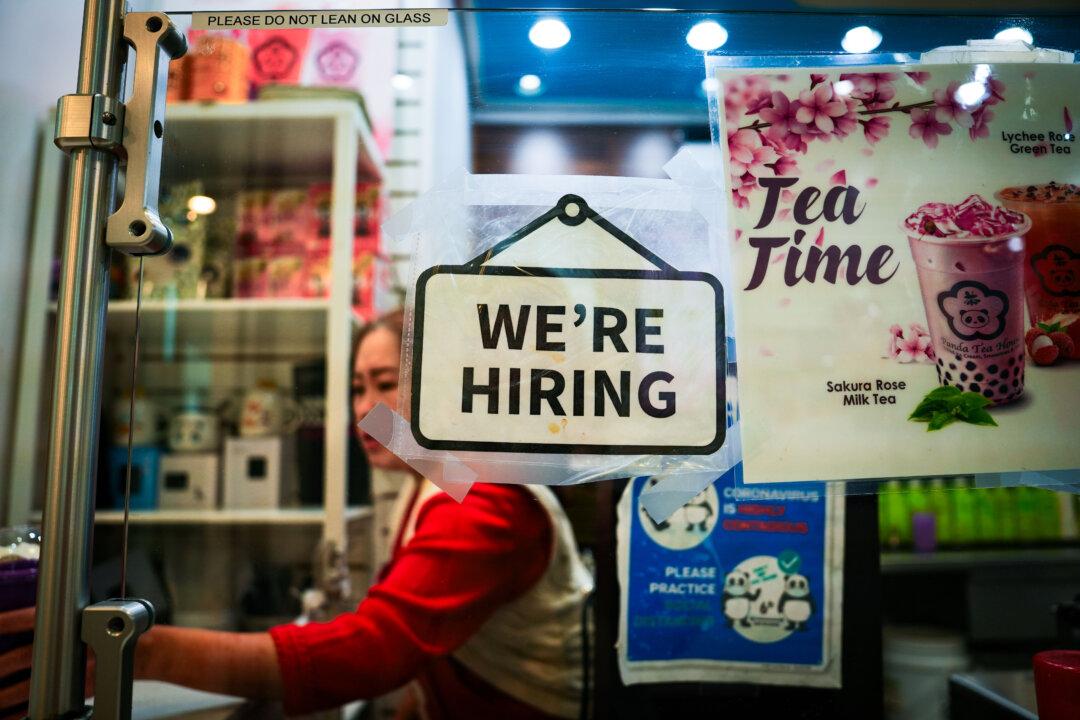Many small-business owners continued to hold positive expectations about future business conditions even though optimism declined on a monthly basis in January, according to a recent survey conducted by the National Federation of Independent Business (NFIB).
“The NFIB Small Business Optimism Index fell by 2.3 points in January to 102.8,” the association said in a Feb. 11 statement.





